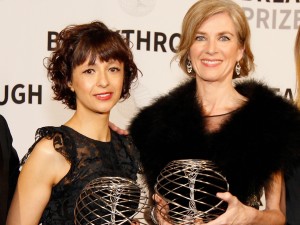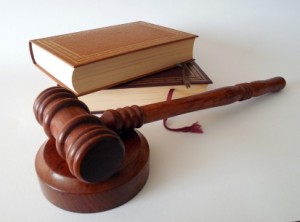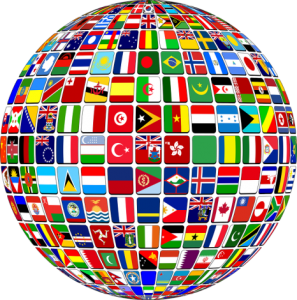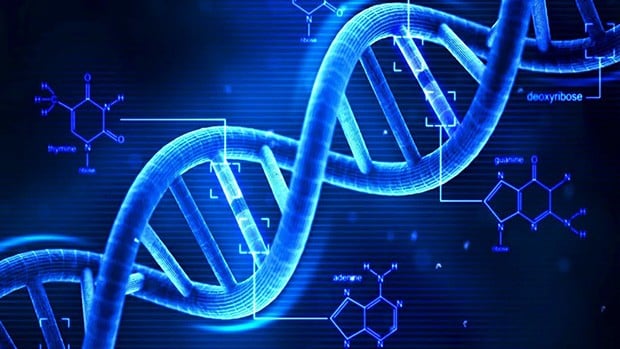CRISPR may be one of the greatest life science inventions of the modern century. This new gene-editing system allows scientists to make precise changes in DNA, and with that coveted technology comes a bit of competition for the rights to claim it – specifically between MIT/Harvard and UC Berkeley. Recently the judges at the US Patent and Trademark office covering the CRISPR patent dispute ruled that MIT and Harvard’s Broad Institute and UC Berkeley should hold two separate patents for the technology; however, there is still some controversy. What will it mean for international companies that want to use this CRISPR system? Who will they have to get a license from and what will it mean for translation?
CRISPR Patent Dispute | What is CRISPR?
CRISPR has been declared the “Breakthrough of the Year” by the journal Science. This powerful technology could potentially change humanity’s genetic code, produce new types of treatments, cure diseases, and genetically modify plants, animals and insects. It has been used in labs to create mosquitoes that can fight malaria in their bodies, and make crops more resistant to disease and drought. The implications are revolutionary and the patent rights are estimated to be worth billions of dollars. As such the competition for rights to claim them are fierce, and the two contenders in the CRISPR patent dispute – UC Berkeley and the Broad Institute of MIT and Harvard – have been involved in legal proceedings in order to come to a conclusion on who ultimately has the rights to the technology.
The CRISPR Patent Dispute

The Berkeley group later filed for “interference”, claiming original rights to the technology belonged to them as the first inventors. Doudna and Charpentier maintain that using the CRISPR system in eukaryotic cells is not separately patentable, and for that reason the Broad Institute should not have a distinct patent.
CRISPR Patent Dispute | Who Receives the Patent?

UC Berkeley will be considering all possible options for moving forward in the current CRISPR patent dispute, including other legal challenges to the Broad Institute’s patents and the possibility of appealing the PTAB’s decision. In the meantime, any outside company’s intended use of the technology will determine who they will have to obtain the license from, either the Broad Institute or UC Berkeley.
What This Means for Scientific and Patent Translation Services

Patent Translation for Asian Countries
China was the first country to use CRISPR technology in human clinical trials. Other Asian countries, like Korea and Japan are also already using this technology to genetically modify plants and edit the human genome. This means that translation of license applications from Asian languages to and from English is required. Legal translation from and into Mandarin Chinese demands a high level of accuracy and adherence to regulations in order to avoid any potential misunderstandings or legal violations. Chinese <> English translation is required as contracts in China have various clauses/legal language that make the agreement enforceable under Chinese law.
Patent Translation for EU Countries
Patent translation requirements for the holders of the CRISPR patents depend on whether or not the European country is party to the London Agreement of 2000, or the more recent Unitary Patent Agreement which applies only to EU participating member nations (outlining new provisions for reducing translation costs). While these agreements reduced translation requirements to three languages, German, French and English, protection in countries not bound by these agreements would require translation of licenses for the Broad Institute or UC Berkeley. Translation may also be needed in order to satisfy legal regulations in various countries.
Some European countries find this technology somewhat controversial, since biological systems are extremely complex, and changing human genes could have unintended and undesirable consequences. Even so, Europe has been adopting its use and the European Patent Office (EPO) has granted seven of the Broad Institute’s patent applications since December 2015.
Scientific Translation for CRISPR Technological Innovations
Aside from the need for legal translation services, any innovations with the technology or significant scientific breakthroughs that happen outside of the U.S. thanks to the use of the CRISPR technology, will need to undergo some form of highly technical scientific translation services in order to be shared with researchers around the world. Regardless of how the CRISPR patent dispute plays out, professional translation services will play an important role regarding the technology as countries worldwide consider its use for biological innovation in the near future.
About Language Connections:
Language Connections is one of the top language service companies in the US. Over the last 30 years, we’ve focused on providing the best business translation services, interpreting services, as well as interpreter training and customized language training programs. In addition to top-tier corporate language training, we offer certified corporate interpreters and professional business translation services in 200+ languages. Our network includes linguists with backgrounds in all major industries. They’re ready to meet your needs, whether they’re for technical translation services, legal translation, government translation services, international development translation services, education translation services, life sciences translation, or something else. Reach out to us today for a free quote on our cost-efficient and timely translation services, interpreters, or other linguistic services.
Language Connections Inc.
2001 Beacon Street, Suite 105,
Boston, MA 02135
Phone: +1-617-731-3510
Email: service@languageconnections.com


